Eliminating Medical Co-Pays for Prisoners
In 2019, JHA successfully led the effort to abolish the $5 medical co-pay that incarcerated people in Illinois must pay to see a doctor.
After years of advocacy on the issue, JHA successfully led the effort in 2019 to abolish the $5 medical co-pay for people incarcerated in Illinois prisons.
Prior to this reform, prisoners who wanted to see a health care provider would have to sign a voucher for a $5 co-pay. Concerningly, more than 60% of prisoners responding to JHA’s 2018 surveys reported that they avoided seeking health care because of this. Prisoners also commonly reported being improperly assessed the fee multiple times for care that was ineffective or for care that was supposed to be exempt from the co-pay, and reported that practices could be inconsistent across facilities and providers.
The reality is even a modest $5 co-pay is a hardship for most Illinois prisoners, who may earn as little as $10 monthly state pay or have even greater pay restrictions. Further, it is likely that the amount of money received by the State from medical co-pays was not even enough to offset the expense of administering the collection of the controversial fees.
People who work while they're serving prison sentences earn wages much lower than those on the outside, often less than a dollar a day. This leaves many inmates choosing between health care and basic necessities like soap, toothpaste and clean undergarments, necessities that are connected to improved health and physical well being. Medical co-pays are an unfair and ineffective practice that leads to terrible health outcomes for prisoners, their families, and the state at large.
The Illinois prisoner population is largely poor, as are many of their families, and medical co-pays are a significant deterrent to seeking necessary medical care. When prisoners defer medical treatment due to economic hardship and inability to pay, there is an increased risk to their health, the health of other prisoners and staff inside the prison, and to their families and communities upon release. Delaying medical care can also lead to more serious and expensive treatment as medical conditions worsen and become more acute. Simply put, co-pays are inefficient, counterproductive and inhumane.
The elimination of medical co-pays was signed into law by Governor JB Pritzker in July and will be effective January 1, 2020; this represents a step towards recognizing the needs of people in prison and responding in a way that is effective, practical and humane.

